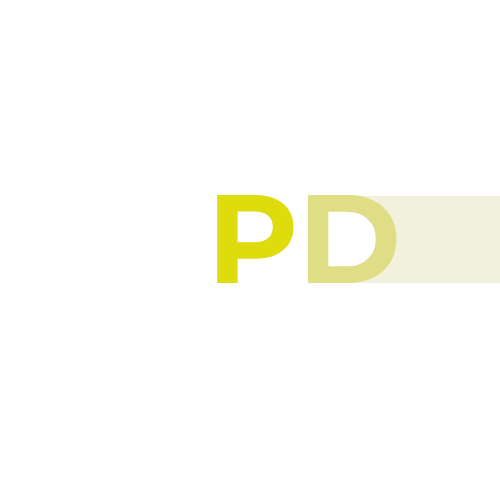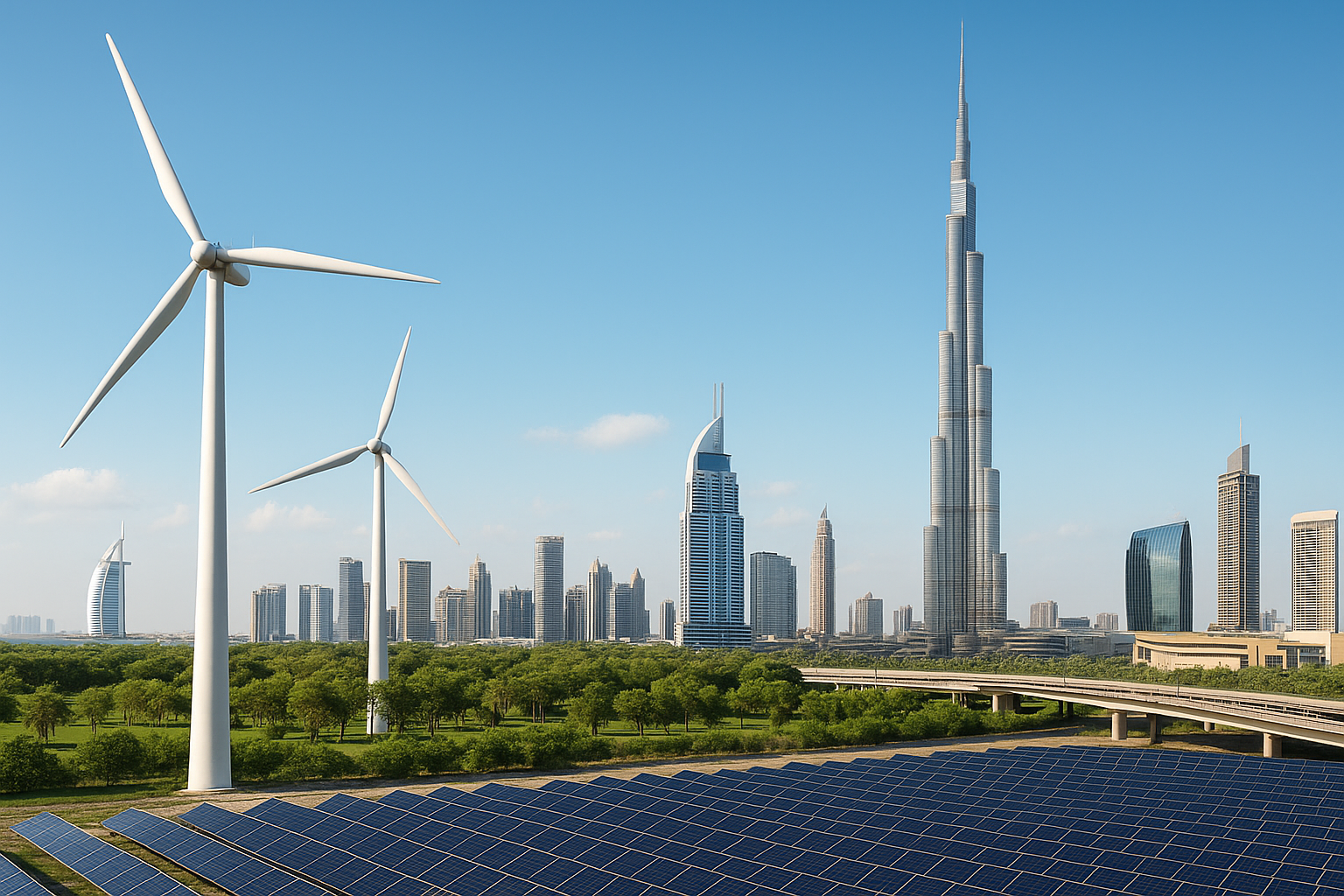The United Arab Emirates (UAE) has rapidly emerged as one of the leading nations in sustainable development. What sets the UAE apart is its ability to turn environmental challenges into transformative opportunities. With a harsh desert climate, scarce freshwater resources, and a legacy tied closely to fossil fuels, many would assume the UAE to lag in sustainability. However, the reality is quite the opposite—the country has become a global model for sustainable progress through visionary leadership, massive investments in clean technologies, and proactive urban planning.
National Sustainability Strategies
At the heart of the UAE’s approach is its UAE Energy Strategy 2050, which aims to reduce the country’s carbon footprint by 70% and increase the share of clean energy to 50% by 2050. This plan involves a diverse energy mix, including solar, nuclear, and clean coal. The flagship project supporting this transition is the Mohammed bin Rashid Al Maktoum Solar Park in Dubai—one of the world’s largest solar energy projects with a planned capacity of 5,000 megawatts by 2030.
Alongside energy, water conservation has been identified as a critical national priority. The UAE launched the Tarsheed Program, which encourages the adoption of water-saving technologies in homes and businesses. Smart irrigation systems and renewable-powered desalination plants are also being implemented to ensure sustainable water access.
Sustainable Urban Development and Green Buildings
Urban sustainability is another area where the UAE excels. In cities like Abu Dhabi and Dubai, green building regulations are mandatory. Estidama in Abu Dhabi and Al Sa’fat in Dubai require buildings to meet specific standards in energy use, water consumption, indoor environmental quality, and material sustainability.
This transformation in the construction sector is made possible through the support of experienced consultancies offering third-party verification and compliance services. A key area of focus is Environmental Product Declarations (EPDs)—documents that transparently report the environmental performance of construction products across their lifecycle.
Companies like ERKE provide EPD Consultancy UAE services, helping local manufacturers and developers document, verify, and publish these declarations. EPDs are not only important for regulatory compliance but also essential for green building certifications such as LEED, BREEAM, and Estidama itself. By increasing product transparency, these services enable stakeholders to make informed, sustainable choices in material selection.
Global Engagement and Environmental Leadership
The UAE’s efforts extend beyond its borders. By hosting high-profile global platforms like Abu Dhabi Sustainability Week, the World Future Energy Summit, and COP28, the UAE positions itself as a hub for international sustainability collaboration. These events attract world leaders, researchers, businesses, and NGOs to exchange ideas and forge partnerships for climate action.
The UAE has also launched the Net Zero by 2050 Strategic Initiative, becoming the first country in the MENA region to commit to carbon neutrality by mid-century. This goal aligns with the United Nations Sustainable Development Goals (SDGs) and cements the UAE’s leadership in regional and global climate policy.
The Role of EPD Consultancy UAE in This Transition
While policy and infrastructure investments are vital, achieving sustainability also requires transparency, measurement, and third-party validation. That’s where EPD Consultancy UAE plays a crucial role. These services guide businesses through the process of lifecycle assessment (LCA), data collection, and standardized reporting required for EPD documentation.
By leveraging such consultancy services, UAE-based companies not only comply with local regulations but also enhance their global competitiveness, particularly in export markets where EPDs are increasingly required. Moreover, projects that incorporate EPD-backed products tend to score higher in international green building rating systems—further reinforcing the value of this work.
Conclusion
The UAE’s sustainability efforts are not reactive—they are strategic, innovative, and globally relevant. From solar megaprojects to zero-carbon urban plans, and from water efficiency to material transparency, the country is actively crafting a future where economic growth and environmental protection go hand-in-hand.
With the expert support of EPD Consultancy UAE services, companies across the Emirates are empowered to meet these evolving standards, contributing to a resilient and green national economy. As the rest of the world looks for scalable sustainability solutions, the UAE offers a compelling blueprint—one that blends bold ambition with measurable action.


